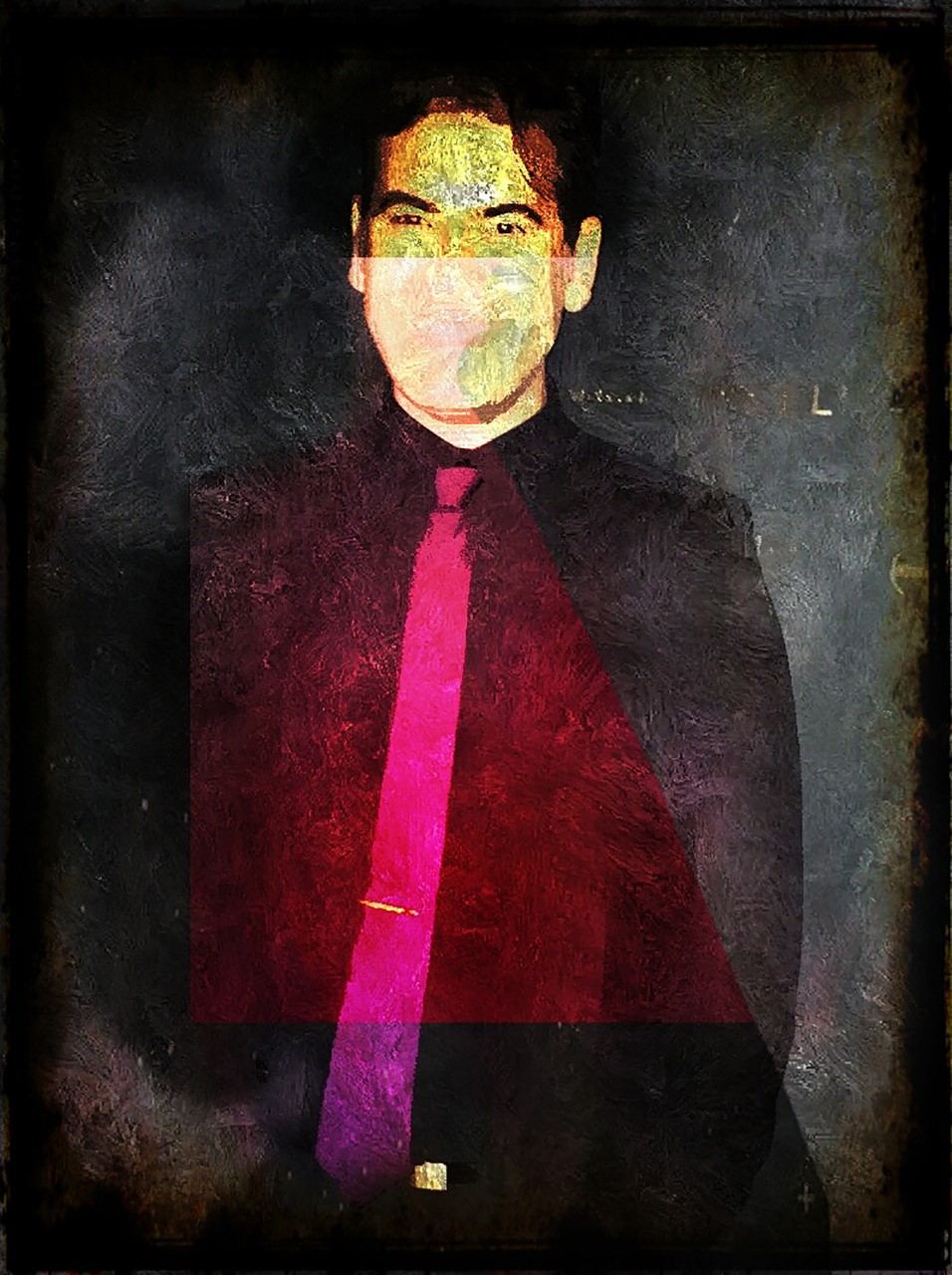About
Roberto Brambilla (born in Livorno, October 30, 1975) followed the courses of Composition in Conservatory "Giovanni Battista Martini" in Bologna with Prof. Guarnieri, the courses of prof. Bonifacio and prof. Solbiati in "IRMUS" in Milan and studied composition in Conservatory "Giuseppe Verdi" in Milan with prof. Alessandro Solbiati. He has attended several international master of composition as a student performer in Sermoneta, Siena, Bologna, Florence and Livorno with prof. Mauro Bonifacio, Sir Peter Maxwell-Davies, Alessandro Melchiorre, Alessandro Solbiati (course of composition) and Alvise Vidolin (course of electronic music). He studied orchestral conducting with prof. Renato Rivolta.
His works are performed in the world. He has written chamber music, several orchestral works, for band and solo, with and without live electronics and film music. Important performers have performed his works. We mention Alfonso Alberti, Irvine Arditti, MariaGrazia Bellocchio, Maria Cristina Bisogni, Laura Catrani, Francesco Dillon, Selene Framarin, Eunmi Ko, Thea Lobo, Federico Longhi, Kleva Metolli, AnnaMaria Morini, MariaCristina Pantaleoni, Andrea Stefenell, Claudia Beatrice Zanini, Gesu Zefi, l'Aqua Ensemble, Ensemble Solisti Toscani, il Mdi Ensemble, Songeaters and many others in countries like Italy (Aosta, Cuneo, Florence, Livorno, Milan, Rome, Sermoneta, Siena, etc.), Austria, Belgium, Bulgaria, Canada, Denmark, Estonia, France, Germany, Greece, England, Holland, Poland, Portugal, Spain, Switzerland and USA.
His works were performed also in different locations such as the European Parliament (Belgium), the Auditorium of the Balivi, Auditorium of Milan, Castle of Sermoneta, Villa d'Este, in various Italian Conservatories, at the Burgess Recital Hall and in many other.
He participates in various world music festivals (USF New Music Festival & Symposium in USA, Terroir New Music in USA, Tallinn Day in Estonia, Microludi and Suoni Inauditi in Italy, etc.) and participates as a guest composer in activities of various universities.
His works are been broadcast on RAI and in many other foreign radio (CJSR, KHPR, KUSC, Rai Bozen, WBAI, etc.).
In 2004 he received a commendation to the Mario Nascimbene Award from the composer Roberto Pregadio. In 2012 he received a honor commendation during TIM competition. In 2014 he won the international competition PAS presided by Emmanuel Séjourné. In 2015 he was selected among 8 European composers as composer for a project with LimenMusic and Warner/Chappell Music.
Some of his music is recorded in five albums, LP and EP.
He is published by BAM music, TEM Taukay edizioni musicali and Warner/Chappell.
